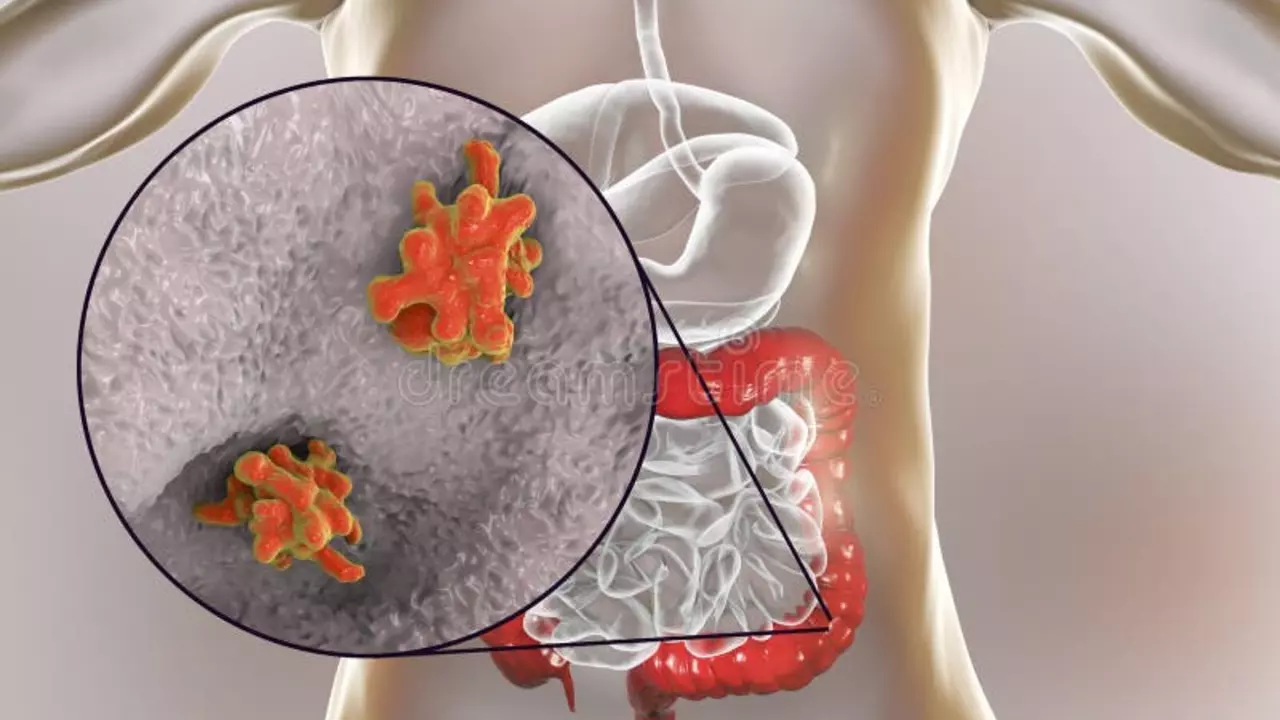Prevention: Practical steps to keep your meds and health on track
Prevention isn’t just about vaccinations and handwashing. It’s how you store meds, mix supplements, and plan your day so small risks don’t become big problems. This page gives clear, useful moves you can use today to avoid common medication and health slip-ups.
Everyday medication safety
Start by reading the label. Know the active ingredient, dose, and whether a drug interacts with alcohol or other medicines you take. For example, with acetaminophen, avoid taking more than 4,000 mg a day unless your doctor says otherwise—double-check labels on combination cold products so you don’t double dose. If you’re on a blood pressure or psychiatric drug, ask your pharmacist before adding a new supplement or over-the-counter medicine.
Set simple routines: keep a medicine list on your phone, use a pill box, and set alarms for doses. If a medication causes dizziness, plan to sit or lie down after taking it and don’t drive until you know how it affects you. Never share prescription drugs—what works for one person can harm another.
Preventing infections and flare-ups
Basic hygiene still matters. Wash hands for 20 seconds after public places, before preparing food, and after bathroom use. For wounds, cleaning with soap and water and using an antiseptic like povidone-iodine when advised can lower infection risk. If you play sports or train often, inspect and clean scrapes quickly—athlete environments spread germs fast.
For chronic conditions like asthma or sleep apnea, prevention means planning. Learn breathing techniques that help control symptoms, but keep rescue inhalers handy. If you have sleep apnea, follow your CPAP routine and check masks for leaks. Small steps keep flare-ups fewer and milder.
When antibiotics are prescribed, take the full course unless your doctor tells you to stop. Don’t save antibiotics for later or pressure providers for them—wrong use drives resistance and makes future infections harder to treat.
Thinking about supplements? Choose brands with third-party testing or clear ingredient labels. Some supplements can change how prescription drugs work—magnesium and vitamin D can help respiratory health for some people, but tell your clinician before starting them.
Buying meds online? Check for clear contact info, pharmacist access, and accreditation. Avoid sites that demand strange payment methods or offer prescription drugs without a prescription. If a deal sounds too good, it may be risky.
Small habits add up. Sleep seven to nine hours, keep a balanced plate, drink enough water, and manage stress—these lower your chance of needing a medicine in the first place. Prevention is not one big act; it’s dozens of tiny choices that keep your health steady.
If you want practical resources from this site—like safe acetaminophen use, natural asthma tips, or online pharmacy checks—look for those guides tagged under prevention for step-by-step help you can use right away.
The Dangers of Amoeba Infections: What You Need to Know
Amoeba infections are a serious health concern that can lead to severe illness and even death if not promptly treated. They're caused by tiny parasites that can enter our bodies through various ways, including contaminated water or food. The symptoms can range from mild, like diarrhea, to severe, including brain damage. It's crucial to seek medical attention if you suspect you've contracted an amoeba infection, as early detection can greatly improve outcomes. Remember, prevention is key - maintain good hygiene and be cautious with what you consume, especially when traveling.
View More
